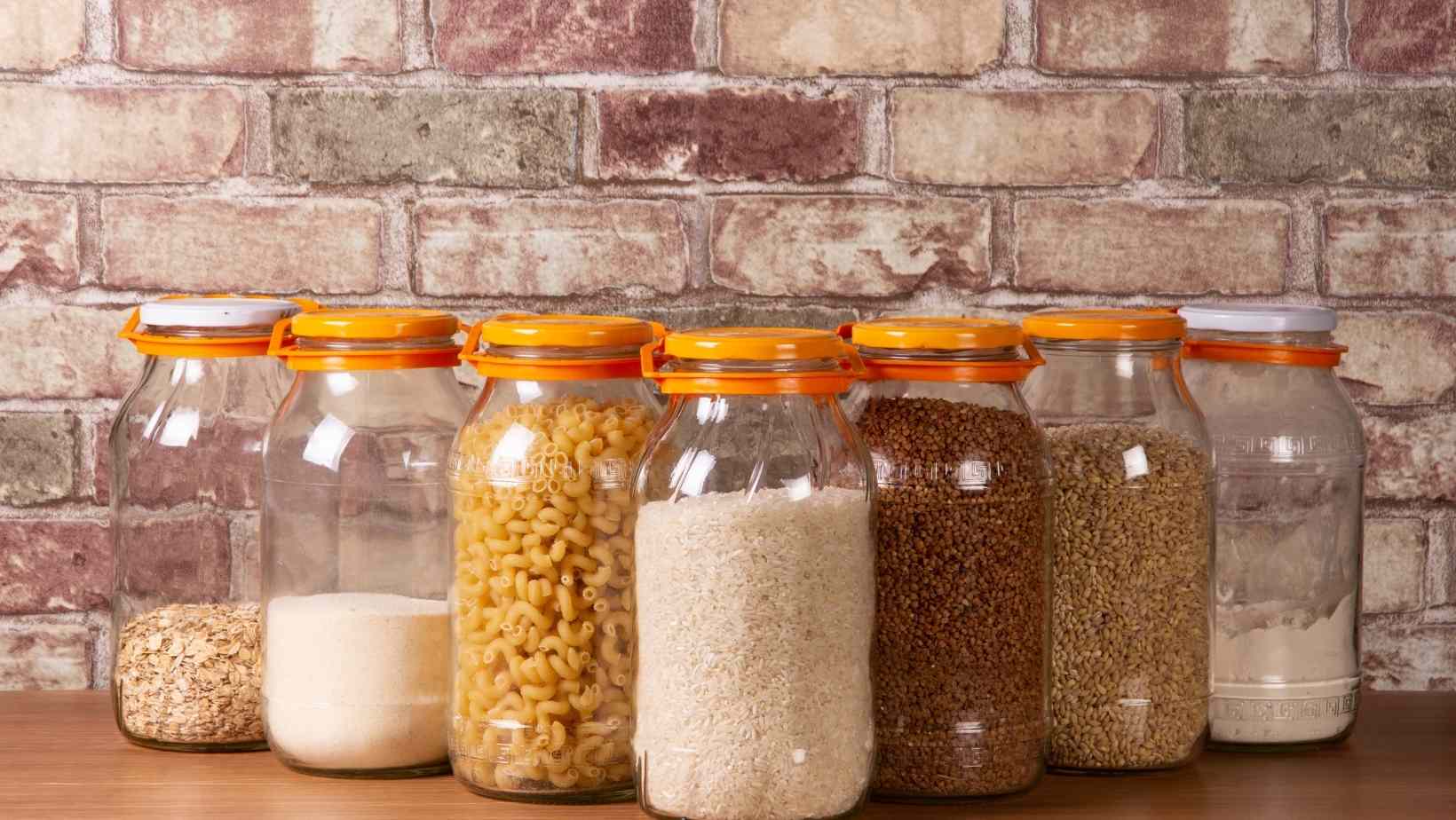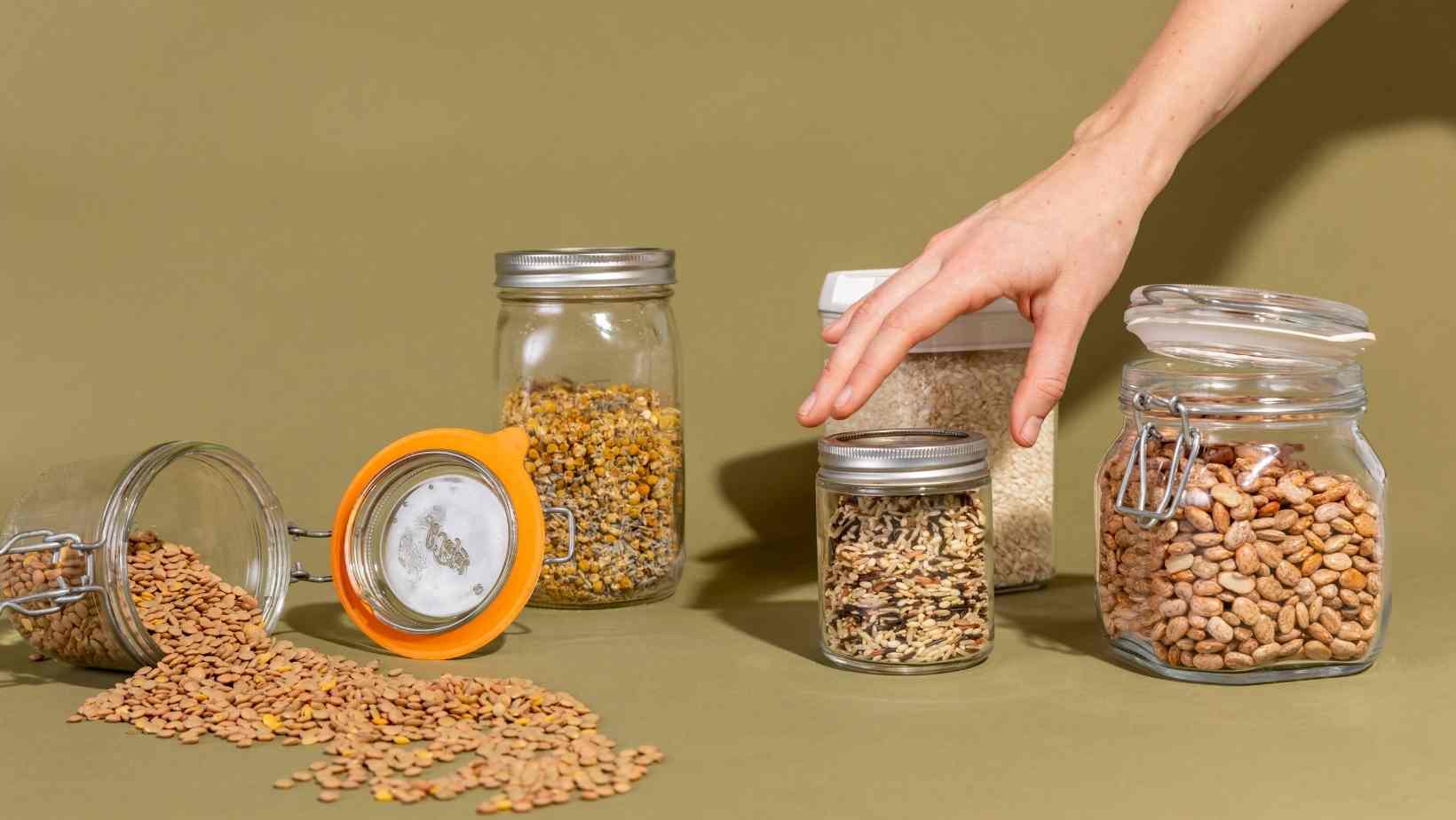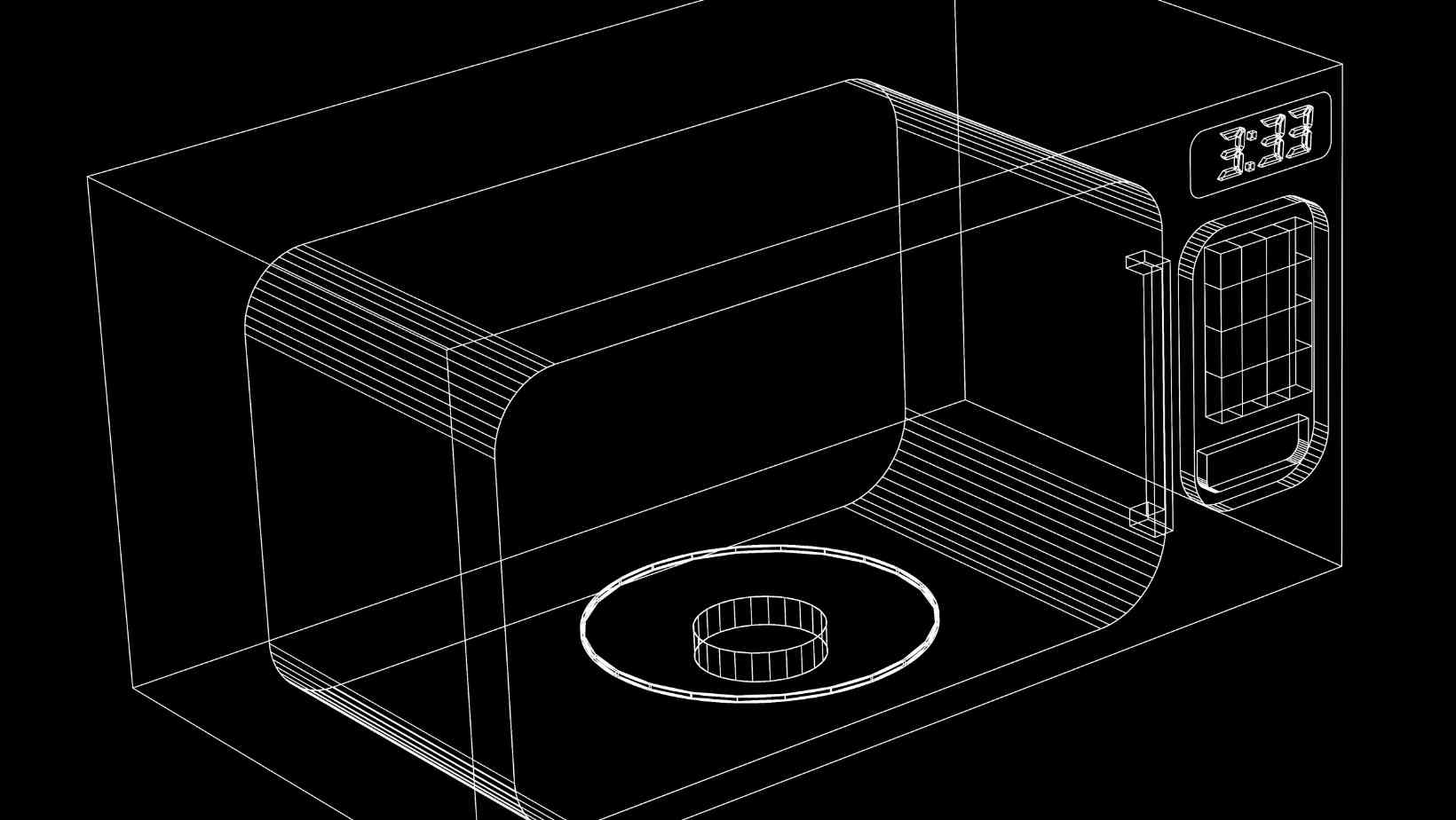One of the greatest methods to protect yourself and your family from food poisoning is to store your food correctly. If food is not properly kept and cooled, dangerous germs may quickly multiply, resulting in food degradation and disease.
Refrigerate or freeze leftovers as soon as possible (preferably within two hours after preparation) to help prevent germs from forming. To avoid contamination, place leftovers in containers with tight-fitting lids or wrap them securely in plastic wrap.

Food containers will preserve food from drying out, developing freezer burn, and absorbing aromas, as well as extending its shelf life. Make sure your food storage containers are clean and only used to store food and leftovers.
Food Storage Containers Have a Lot of Advantages
Food storage containers are made to keep goods fresh, organize our kitchen, and make cooking more convenient.
- Food storage containers keep food clean, fresh, flavorful, and healthy for extended periods of time.
- We can save money by keeping excess amounts of food. Food waste may be reduced by storing leftovers in adequate food containers.
- Food storage containers are portable and easy to fit into purses, making it simple to transport food to many locations.
- One of the most effective strategies to lessen the environmental impact of single-use containers is to store food in reusable containers.
- Food containers may also be used to store pantry items including spices, tea, rice, wheat, cereals, and a variety of other culinary supplies.
The Benefits of Using Glass Storage Containers
Glass food storage containers provide more advantages than plastic food storage containers, making them a superior alternative for food storage.
Jump to:
1. The glass is safer than plastic
Overall, glass is a better option for food storage than plastic. Chemicals from plastic containers might leach into your meals. When hot food is placed in plastic or microwaved, this happens often.
In contact with food, glass food storage containers do not leak undesirable, dangerous compounds. Glass is a non-porous, inert natural substance. Glass containers are leak-proof and may be reused over and over again.
2. Ecologically friendly
Plastic manufacture and disposal are linked to a number of environmental issues. The most visible sort of pollution that has an impact on the ecosystem is plastic waste. Toxic chemicals are also released into the air during the manufacturing of plastics. Plastic-free living minimizes the quantity of plastic that ends up in landfills. You can use a glass storage container virtually eternally after you purchase it. Glass containers that have been broken may be recycled. Glass recycling is cost-effective, and the procedure does not degrade the quality of the material.
3. Glass holds heat better than plastic
When plastic containers come into touch with heated food, they may distort. When food is heated in plastic containers, the containers may melt, increasing the risk of chemical leaching.
You don't have to wait for the food to cool completely before transferring leftovers to a glass container after you've finished your meal. When food is heated, there is no need to be concerned about hazardous substances being transferred, as there is with plastic food containers.

4. Multi-purpose
Because the glass can withstand a wide range of temperatures, you can keep and cook food in the same container. Glass containers smoothly transition from freezer to oven to table. Food that has been preserved and heated may be served in the same container.
5. Glass looks more attractive than plastic
After continuous usage and dishwashing, plastic containers seem to have dried up and become brittle.
Glass containers are appealing and look great on the counter, in the refrigerator, or at the dining table. When food is served in a glass container, it seems more attractive. The glass is scratch-resistant and non-porous. It still looks brand new after decades of usage.
6. Transparent
When you store food under transparent glass, you can see what's within without having to remove the lids. This makes it simple to keep track of what's in your fridge. This also helps to reduce food waste since leftovers can be readily checked before they spoil.
7. The glass is more hygienic than plastic
Placing plastic containers in the dishwasher is not advised since hot water and steam may cause the plastic to emit dangerous chemicals.
Because the nonporous glass surface does not collect stains, food, or bacteria, glass containers are exceptionally simple to clean. There's no need to worry about them warping or scratching in the dishwasher. Furthermore, sanitizing them in the dishwasher at high temperatures helps.
8. Glass doesn’t absorb smells
The meals that are kept in plastic containers often discolor them. Plastic also absorbs food odors, which may remain for a long time.
Glass containers are nonporous, so they won't collect stains or odors from the food they hold. This property makes glass containers ideal for keeping a wide range of foods, particularly those with a strong color or odor. Glass food containers have a smooth surface that helps keep food clean, fresh, and appetizing for longer.
9. Sturdy
Plastic containers have scratches and discolouration after a year of use, and they may also lose their form.
Food storage containers made of glass are built to endure. Glass is more robust than plastic and will not break down over time. They may be cleaned and reused in the dishwasher several times without losing their shape or durability. They will last a lifetime and appear brand new until dropped or smacked against a hard object.
10. Microwavable
Because harmful compounds may migrate into food during microwave cooking, plastic food containers are not safe to use in the microwave.

Microwave-safe glass food containers Glass dishes containing the meal have been frozen and are ready to be microwaved for use. That glass container can even be used to consume food.




